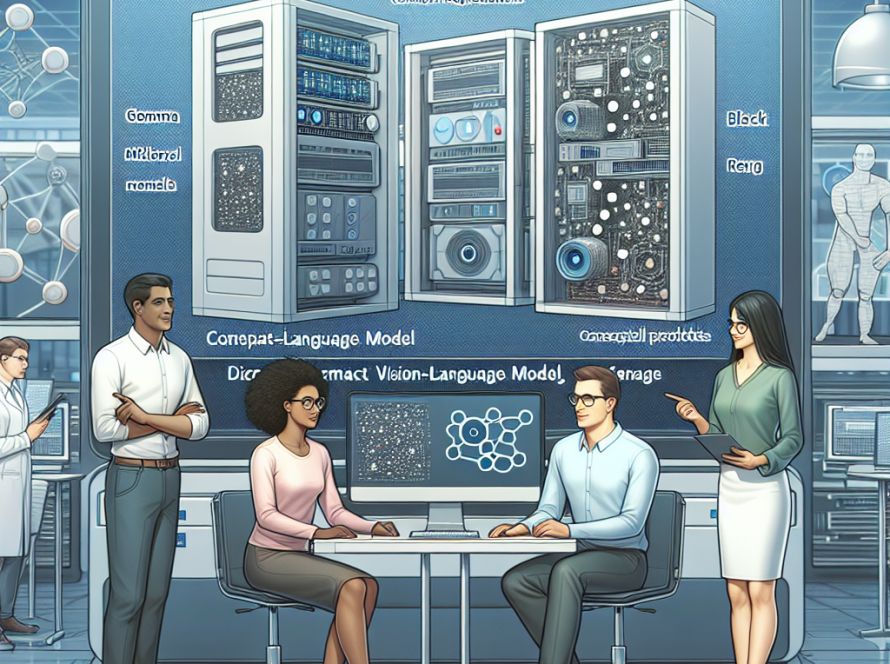Fusion of large language models (LLMs) with AI agents is considered a significant step forward in Artificial Intelligence (AI), offering enhanced task-solving capabilities. However, the complexities and intricacies of contemporary AI frameworks impede the development and assessment of advanced reasoning strategies and agent designs for LLM agents. To ease this process, Salesforce AI Research has recently unveiled AgentLite, a breakthrough open-source AI Agent library designed to simplify the creation and deployment of LLM agents.
AgentLite simplifies the customization process of LLM agents, removing the intricacies commonly associated with the procedure. Unlike traditional bulky frameworks, AgentLite encourages fast prototyping and iterative testing with lean code architecture and a task-oriented design. Its efficient structure, with less than 1,000 lines of code, allows researchers to concentrate more on innovation, as opposed to the complex navigation of their tools.
The architecture of AgentLite introduces a novel modular arrangement where agents have specific responsibilities and tasks, fostering more natural task decomposition and facilitating multi-agent orchestration. Furthermore, this setup diverges significantly from the one-size-fits-all approach seen in prior frameworks, offering the much-needed flexibility in the development of agents. The library accommodates diverse reasoning types, incorporates a memory module and a prompter module, and effectively manages complex tasks via coordinated efforts among agents.
Practical application areas for AgentLite include enabling online painters to search and illustrate objects based on web information, orchestrating interactive image understanding applications where agents can respond to human queries about images, and assisting in tackling math problems. These diverse applications demonstrate the full potential of AgentLite in driving innovation within LLM agent-based solutions.
Furthermore, AgentLite has shown notable performance metrics in benchmark tasks. For instance, in the HotPotQA dataset, a platform for evaluating multi-hop reasoning across documents, models facilitated by AgentLite secured commendable scores in F1-score and accuracy across varying difficulty levels. The library has contributed to improved decision-making within online shopping environments by enhancing agents’ information comprehension skills.
In conclusion, AgentLite offers a criterion shift in the development of LLM agents. By providing a flexible, efficient platform, AgentLite empowers researchers to delve into the full potential of LLM agents. Its creation indicates a future where AI agents can better adapt to complex tasks and excel in them, thereby facilitating innovations considered too complex or burdensome previously.


